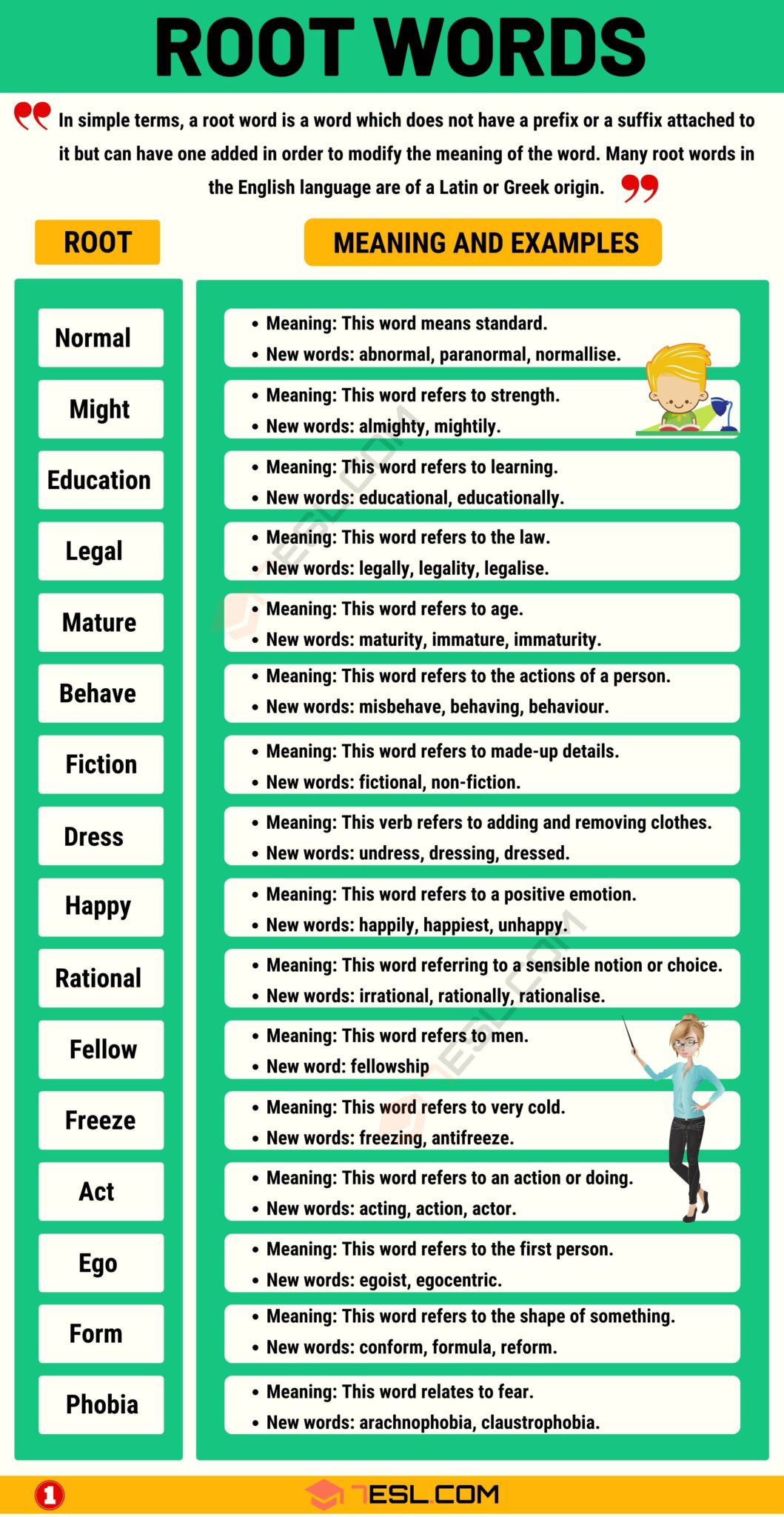Have you ever stopped to consider the power held within a single word? Words are more than just sounds; they're vessels of meaning, shaping our understanding of the world. Today, we're embarking on a journey to explore a powerful root word: "demo," meaning "people." Prepare to uncover the rich history and influence of this root as we delve into its various forms and applications.
From "democracy" to "demographics," the "demo" root appears in a surprisingly wide range of words. Understanding this root allows us to decipher the meaning of unfamiliar words and appreciate the interconnectedness of language. It's like having a key that unlocks a treasure chest of vocabulary, empowering us to communicate with greater precision and clarity.
The "demo" root originates from ancient Greek, where "dēmos" referred to the common people, the citizenry. This concept of "the people" was central to the development of Athenian democracy, a system of government where citizens participated directly in political decision-making. The legacy of this root extends far beyond ancient Greece, influencing the development of languages and political systems across the globe.
The importance of words with the "demo" root lies in their connection to the concept of popular sovereignty – the idea that power ultimately resides in the people. These words reflect the ongoing struggle for self-governance and the evolution of different forms of government. Understanding their origins and nuances helps us navigate the complexities of political discourse and engage more effectively in civic life.
One of the key issues related to words with the "demo" root is their potential for misinterpretation and manipulation. Terms like "democracy" can be used in vastly different ways, depending on the political context. It's crucial to be aware of these varying interpretations and to critically examine the ways in which these words are employed in political rhetoric.
For instance, "demographics" is the study of statistical data relating to the population, such as age, gender, and income. "Demagogue" refers to a leader who appeals to popular prejudices and emotions rather than rational argument. "Demography" is the statistical study of human populations, especially with reference to size and density, distribution, and vital statistics.
One benefit of understanding the "demo" root is enhanced vocabulary. Recognizing this root can help you decipher the meaning of unfamiliar words, expanding your linguistic toolkit. Another benefit is improved communication. A deeper understanding of these words allows you to express yourself more precisely and effectively, particularly when discussing political or social issues. Lastly, it fosters civic engagement. By understanding the nuances of words like "democracy" and "demographics," you can participate more meaningfully in political discourse and contribute to a more informed citizenry.
Let's consider the advantages and disadvantages of using the prefix 'demo'.
Advantages and Disadvantages of Using "Demo" Words
| Advantages | Disadvantages |
|---|---|
| Conveys a sense of popular involvement and power. | Can be susceptible to manipulation and misinterpretation. |
| Facilitates discussions about societal and political issues. | Can be overly broad and lack specificity. |
Frequently asked questions about "demo" words:
1. What does "demo" mean? Answer: It means "people."
2. Where does "demo" come from? Answer: Ancient Greek.
3. What is democracy? Answer: A system of government by the entire population or all the eligible members of a state, typically through elected representatives.
4. What are demographics? Answer: Statistical data relating to the population and particular groups within it.
5. What is a demographer? Answer: someone who studies demography.
6. What is a demagogue? Answer: A political leader who seeks support by appealing to popular desires and prejudices rather than by using rational argument.
7. What is endemic? Answer: (of a disease or condition) regularly found among particular people or in a certain area.
8. What is demotic? Answer: (of language) denoting or relating to the language of ordinary/common people.In conclusion, words with the "demo" root hold immense significance in our language and society. They reflect the ongoing evolution of our understanding of governance, citizenship, and the power of collective action. By exploring the origins, meanings, and applications of these words, we gain a deeper appreciation for the complexities of human interaction and the enduring quest for a more just and equitable world. Become a word detective, explore the etymology of other words, and unlock the power of language. This deeper understanding empowers us to communicate more effectively, engage more meaningfully in civic life, and contribute to a more informed and engaged society. Start exploring today!
Unlocking your striker 4 fish finder secrets
Finding peace in times of loss understanding the role of a hillsboro wi funeral home
Conquer leaky faucets your delta valve stem replacement guide
words with the root demo meaning people - Khao Tick On
15 advertising campaigns published by the world - Khao Tick On
Our Homo Sapiens Ancestors Shared The World With Neanderthals - Khao Tick On
words with the root demo meaning people - Khao Tick On
words with the root demo meaning people - Khao Tick On
Palabras Con La Raiz Foto - Khao Tick On
words with the root demo meaning people - Khao Tick On
words with the root demo meaning people - Khao Tick On
words with the root demo meaning people - Khao Tick On
Asus demos concept RTX 4070 graphics card that doesn - Khao Tick On
words with the root demo meaning people - Khao Tick On
Root Words Boost Your English Vocabulary With 45 Root Words - Khao Tick On
Ark Root Words at Sandra Strohl blog - Khao Tick On
words with the root demo meaning people - Khao Tick On
Free greek and latin roots worksheet 4th grade Download Free greek and - Khao Tick On







.jpg)






